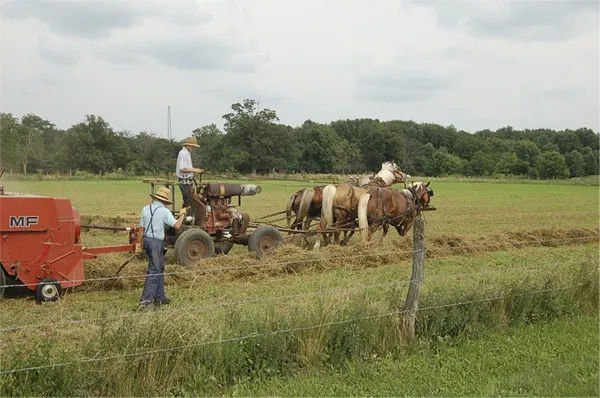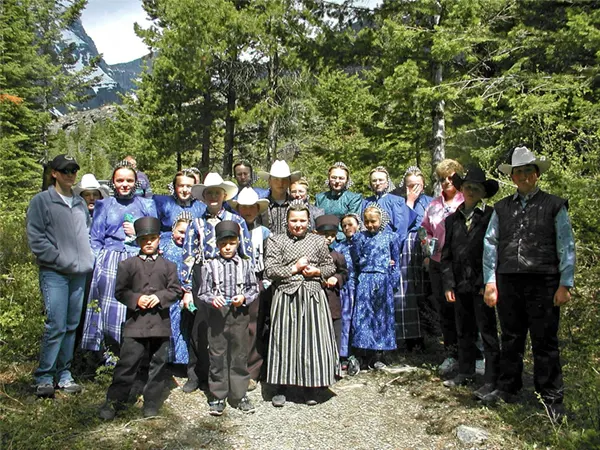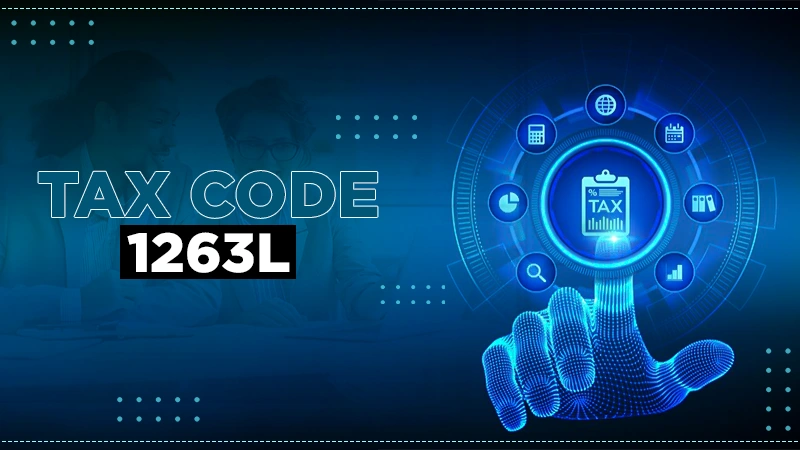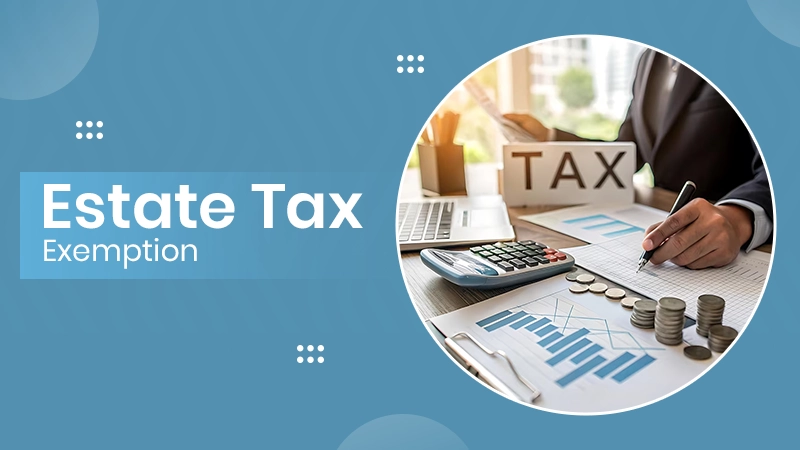The Amish are a Christian religious society known for their simple lifestyle, community spirit, farming practices, and unwillingness to adopt modern changes. Although they mostly live in the United States and Canada, they have communities in a few other countries.
Considering the progressive tax system, the US government has exempted some communities from paying certain types of taxes. One of them is the Amish group in North America.
These people are exempt from paying certain taxes as they go against their religious beliefs, which makes non-Amish wonder do Amish pay taxes. This community believes in minimal living and is self-sufficient for the fulfillment of their commune’s requirements.
Due to their minimal lifestyle, the government has exempted this community from paying certain taxes, and unlike other taxpayers, they don’t require any accounting services to pay their taxes. So, let’s take a look at taxes paid by the Amish community and find out do Amish people pay taxes and, if so, what they are.
Types of Taxes Paid by Amish

The Amish community is liable for certain types of taxes. These people are responsible for paying income tax, sales tax, property tax, and customs duties.
1. Income Tax

Like all American citizens, Amish people pay federal income taxes on their gains from investments, self-employment, and wages. Regardless of one’s religious views, everyone has to fulfill this commitment, which leads to opting for self-assessment tax return services.
Furthermore, Amish people are liable to state income taxes in the states in which they live. Amish people must abide by both federal and state tax rules since state income tax rates and regulations differ.
2. Sales Tax

Depending on their region and unique habits, the Amish community gets impacted by sales tax in various ways. The Amish typically live traditional lives of simplicity, distancing themselves from modern society.
However, many of them don’t pay much in sales taxes because Amish villages are so self-sufficient and self-providing. For instance, they only pay sales taxes to the state and municipal governments when they purchase food, clothes, or other taxable products.
3. Property Tax

Amish communities pay property taxes on their houses, businesses, and farming lands. These taxes are levied by local governments to support essential services like emergency response and education.
Many Amish families struggle to pay their land taxes because of the size of their land. This issue arises because the land tax levied on it fails to compensate for the amount of money produced on the land.
Many Amish farmers do not cultivate for profit and are not commercial growers. Their farms are used to support their communities and families.
4. Customs Duties

The federal government levies customs duties on commodities imported by Amish communities from overseas. Goods imported into the nation for either personal or business purposes are subject to these charges. Depending on the type, value, and place of origin of the various imported commodities, customs duties are applied.
So now you have a satisfactory answer to the ever-going confusion about whether Amish pay taxes. However, you should know that they are accountable for paying other taxes if they have ever received public benefits provided by the government.
Tax Exemptions for Amish
If you have ever wondered, why don’t the Amish pay taxes? It is because it is against their religious beliefs and practices. The Amish community in the United States is granted the following specific tax exemptions.
- Social Security: The majority of Amish people are not required to pay Social Security taxes. The reason for that is their religious opposition to taking part in government insurance programs, such as Social Security.
- Gas Tax: Instead of cars, horse-drawn carriages and other non-motorized vehicles are used in Amish communities. Because they don’t use much gasoline, they are not required to pay gas taxes.
- Self-Employment: In trades, crafts, or agriculture, most of the Amish people work privately. Due to their religious objections to government benefits and insurance programs, they are eligible for exemptions from paying self-employment taxes.
Application Process for Tax Exemptions
Just being a member of any clan or religion doesn’t exempt you from paying taxes. To be exempted from taxes, an individual requires approval from the Internal Revenue Service (IRS). This includes filing a form, mentioning religious principles, and defining reasons for tax exemptions. In return, you should follow these points:
- To be exempted from any type of tax, you must not have received any kind of public insurance benefit, such as Social Security.
- Or, you must not have allowed others to receive such benefits on your financial records.
After the application is submitted, the applicant needs to wait for a reply from the IRS. The Internal Revenue Service will decide whether to approve the application or deny it. Furthermore, opting for tax outsourcing services can also help in handling the complete process for you.
Controversies And Debates on Taxes Paid by Amish

Do Amish pay taxes is an evergreen topic of conversation between the non-Amish people. Over the years, debates and controversies around Amish tax exemptions have increased. Supporters highlight the importance of protecting religious freedom and allowing for cultural diversity in American law. At the same time, some people claim that these exemptions lead to injustice in the tax system.
Where the opposition wants equality in the US tax system, the Amish people decline to pay taxes on welfare, unemployment, social security, and Medicare as they live together as a community and are self-reliant for such things.
There have been more than five decades since the tax was exempt on the Amish community, and ever since, this has been a controversial topic.
Conclusion
The Amish community mixes the tax system with their religious beliefs, which makes non-Amish wonder do Amish people pay taxes. They pay federal and state income taxes like everyone else, but they avoid Social Security and other taxes due to their self-sufficiency. Despite obstacles such as expensive property taxes, their dedication to traditional farming and crafts keeps their unique lifestyle alive. These people perfectly balance their beliefs and responsibilities in modern society.






